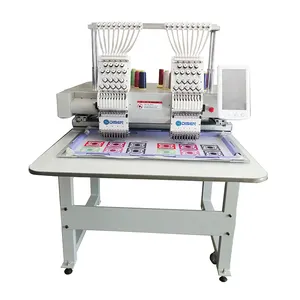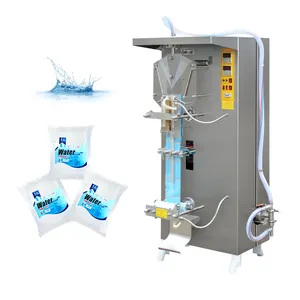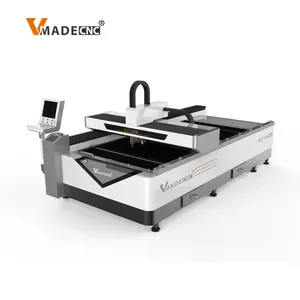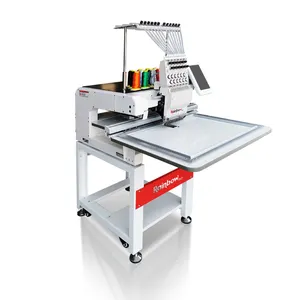Popular in your industry




















































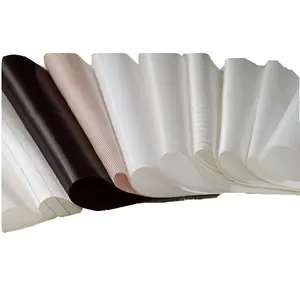























Related Searches:
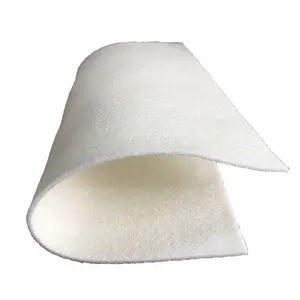











































































































































Top categories
About 1 micron filter cloth
Exploring Micron Filter Cloth
Micron filter cloths are precision-engineered textiles used to filter particles as small as a micron—a unit equivalent to one thousandth of a millimeter, or 0.001 mm. These fabrics are crafted from a variety of materials and serve a multitude of industries by sifting fine particles from fluids.
The fundamental role of micron filter cloths is to safeguard fluid purity by ensnaring contaminants while facilitating the unimpeded flow of the fluid itself. They are indispensable in sectors where utmost cleanliness is paramount, including pharmaceuticals, food and beverage, and semiconductors. The performance of these cloths hinges on the fabric's composition, pore dimensions, and the filtration technique, be it surface or depth filtration.
The operation of micron filter cloths hinges on sieving and entrapment. Particles are intercepted by the cloth's intricate pores, becoming ensnared within the fibers' interstices. Additionally, diffusion aids in particle capture, as particles meander through the cloth and adhere to it, thus being extracted from the stream.
Diverse weaving patterns can be employed to bolster specific filtration attributes such as durability, pore size uniformity, and flow rates. The array of materials and weaving techniques on offer enables the production of a wide spectrum of filter cloths, tailored to meet precise filtration needs and thus offering a flexible solution for a host of applications.
Varieties of Micron Filter Cloth
Choosing a micron filter cloth is informed by factors like the intended use, particle characteristics, and the operational dynamics of the filtration process. Below are some prevalent varieties:
-
Polypropylene (PP) Micron Filter Cloth: Celebrated for its resistance to acids and alkalis, PP is a staple in the chemical sector for filtering corrosive fluids and is also prized in the food and beverage industry for its filtration prowess.
-
Polyester (PET) Micron Filter Cloth: Polyester cloths, known for their robust tensile strength and resistance to wear, are well-suited for demanding filtration tasks found in mining or wastewater management.
-
PTFE Micron Filter Cloth: PTFE (Teflon) cloths, with their superior chemical resistance and thermal stability, are frequently employed in semiconductor manufacturing and in handling aggressive chemicals.
-
Nylon Micron Filter Cloth: The high abrasion resistance of nylon makes it an ideal candidate for industries where frequent handling or transport could prematurely wear out other filter materials.
-
Stainless Steel Micron Filter Cloth: Stainless steel cloths are the go-to for precision applications that demand resilience and the ability to withstand elevated temperatures or pressures.
Selecting the Right Micron Filter Cloth
Identifying the optimal micron filter cloth necessitates a consideration of several factors that align with the specific demands of a business or application. The right choice is contingent upon the desired filtration efficacy, chemical compatibility, mechanical robustness, and longevity.
Filtration efficiency is gauged by the cloth's aperture size, denoted in microns, which dictates the size of the particles it can ensnare. Material selection is pivotal; for instance, polyester is chosen for its chemical and thermal resilience, whereas polypropylene is favored for its sturdiness in abrasive environments.
In sectors like food or pharmaceuticals where sanitation is crucial, a cloth with antimicrobial properties may be vital. Conversely, water treatment facilities that handle vast liquid volumes may prioritize durability and chemical resistance.
Additionally, local service availability and language support for assistance should be taken into account. For example, having access to machinery test reports in your local service area can be advantageous for comprehending product specifications and performance.
Discovering Micron Filter Cloth on Alibaba.com
Alibaba.com distinguishes itself as a global marketplace that connects businesses with a diverse array of micron filter cloths tailored to their unique requirements. Its expansive network facilitates connections with seasoned suppliers, ensuring that each enterprise finds the perfect match for its industrial needs, from agriculture to pharmaceuticals.
The platform enhances the shopping experience with services that support local language communication and mobile transaction features. With comprehensive order processing and delivery services extending to over 190 countries and regions, Alibaba.com enables businesses to operate with efficiency while accessing premium filtration materials.
Furthermore, Alibaba.com bolsters buyer confidence with its Trade Assurance service, underscoring its dedication to secure transactions and customer satisfaction. This service safeguards payments until delivery confirmation, offering businesses reassurance when procuring in bulk from global suppliers. Alibaba.com is more than a product provider; it is a partner in fostering business expansion worldwide.
Common FAQs for Micron Filter Cloth
What is a micron filter cloth?
A micron filter cloth is a specialized textile designed to filter out particles and impurities from liquids and gases, with its filtration capability specified in microns. These cloths are vital across various manufacturing industries, where they are integrated into filtration systems to ensure product purity and protect delicate machinery.
How does a micron filter cloth work?
Micron filter cloths operate by physically entrapping particles within their fibrous matrix. The fabric's pore size determines the dimensions of particles that can be filtered, with finer pores capturing smaller particles. This process is essential in settings that demand stringent filtration and sterility, such as pharmaceutical production.
What are the main types of micron filter cloth available?
Key types of micron filter cloths encompass nylon, polyester, polypropylene, stainless steel, and PTFE (Teflon) variants. Each type brings distinct advantages and is chosen for specific applications based on criteria like chemical compatibility, temperature endurance, and required resilience.
Can micron filter cloths be customized for specific applications?
Indeed, micron filter cloths can be tailored to meet the exacting requirements of particular applications by modifying the fabric material, dimensions, and characteristics such as special absorbency or chemical resistance. Suppliers may also provide services like cutting, shaping, or decoiling to accommodate unique needs.
Are there any industry-specific standards for micron filter cloths?
Certain industry-specific standards, such as those from ISO (International Organization for Standardization) or USP (United States Pharmacopeia), may govern micron filter cloths depending on the regulatory demands of the application. Compliance with pertinent standards for your industry is crucial.
How do I choose the right micron filter cloth for my application?
Selecting the appropriate micron filter cloth is predicated on your application's specific criteria, which may include particle size, chemical compatibility, temperature conditions, and durability. A thorough understanding of these factors will guide you to a cloth with suitable properties and longevity.
What should I consider when it comes to the size of a micron filter cloth?
When considering size, factor in the volume of fluid to be processed and the available space for installation. Size also affects the ease of handling and maintenance of the filter system.
Is it possible to get a sample before placing a bulk order?
Many suppliers on Alibaba.com provide samples of their products, allowing you to assess the quality and appropriateness of the filter cloth for your needs prior to a major purchase.
What are some common uses for micron filter cloths?
Micron filter cloths are commonly employed in manufacturing plant filtration, water purification, medical devices, and environmental protection to maintain water quality and prevent contamination.
How do I maintain and clean a micron filter cloth?
Maintenance and cleaning of a micron filter cloth vary with the material. Typically, cleaning involves backwashing, while maintenance might include regular rinsing or replacement, depending on wear and usage.
Can I use a micron filter cloth in an environment with high temperatures?
Certain filter cloths are engineered to endure high temperatures; it is imperative to verify that the material specifications match the thermal conditions of your specific application.
What is the difference between woven and non-woven micron filter cloths?
Woven filter cloths consist of interlaced fabric, offering strength for applications where durability is key. Non-woven cloths, often made from synthetic fibers, provide filtration with airflow and are suited for scenarios where disposability is a priority.
Are there any color options for micron filter cloths?
While color may not significantly impact functionality, some filter cloths are available in hues like white or silver, which may be relevant in applications where aesthetics are a consideration.
What is meant by filtration efficiency in micron filter cloths?
Filtration efficiency denotes the filter cloth's ability to retain or remove particles of a certain size from a fluid, reflecting the cloth's effectiveness in performing its designated filtration role at a specific micron level.
How often should I replace a micron filter cloth?
The service life of a micron filter cloth is influenced by its material and operational conditions. Regular inspections can help ascertain the need for replacement due to deterioration or damage, and manufacturers may provide a recommended service life.
Can I find environmentally friendly options for micron filter cloths?
While not all filter cloths are eco-friendly, some suppliers offer options that are biodegradable or crafted from recycled materials. It is advisable to inquire with suppliers about their sustainable offerings.
